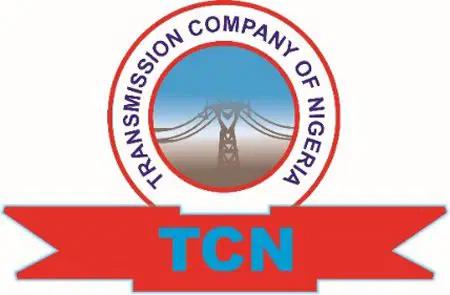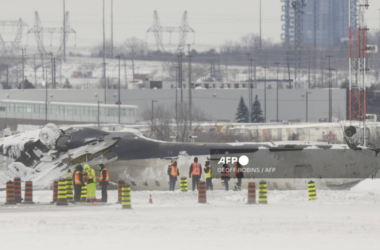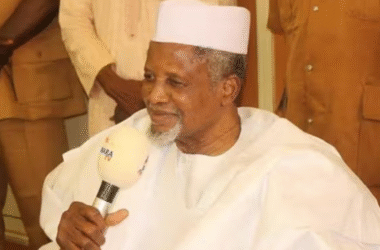The Transmission Company of Nigeria (TCN) has reported that 264 high-voltage transmission towers have been vandalised across different parts of the country within the last 18 months. The company described the period between January 2024 and June 2025 as one of the toughest in its history due to the large number of attacks on its infrastructure.
The General Manager of TCN’s Transmission Service Provider, Ali Sharifai, revealed this during a media workshop held in Nasarawa State. According to him, the destruction of towers has affected electricity supply in several regions and slowed down efforts to improve power delivery in Nigeria.
“Year 2024 and 2025 have been the most trying times for TCN as a responsive public utility due to vandalism of its transmission line infrastructure by non-state actors. A total of 86 towers were vandalised in 2024, with 26 towers completely down, which left the affected states in total darkness,” he stated.
In 2024 alone, 86 towers were vandalised, with 26 completely destroyed. These incidents affected areas such as Abuja, Bauchi, Enugu, Kano, Shiroro and Port Harcourt. In the first six months of 2025, the problem became worse, with 178 towers damaged in 42 different attacks.
Regions like Port Harcourt, Kaduna, and Kano were the worst hit in 2025. Port Harcourt recorded 17 cases of vandalism affecting 72 towers. Kaduna followed with two attacks that brought down 35 towers. Kano saw eight acts of vandalism affecting 29 towers. Other areas affected included Lagos, Enugu, Osogbo, Shiroro, and Abuja.
Sharifai noted that three main factors were behind the vandalism—sabotage, political interests, and financial gain. He also mentioned ongoing attacks on the Shiroro-Katampe and Ajaokuta-Gwagwalada 330kV lines, as well as the 132kV underground cable in Abuja, as signs of politically motivated acts.
“In areas like North-East and South-South part of the country, sabotage is the main reason for vandalising of TCN towers as a result of insurgency and youth restiveness. But in areas like PortHarcourt, a combination of sabotage and economic reasons may not be ruled out,” Sharifai explained.
The growing scrap metal market in Nigeria also plays a major role in encouraging vandalism. Stolen tower materials are often sold and recycled for profit, especially in places like Kano and Makurdi, where economic motivation seems to be the main reason.
Aside from human-related damage, natural disasters have also affected the transmission system. In May 2025, six towers collapsed due to windstorms and heavy rain along the Kainji-Birnin Kebbi 330kV line. A partial collapse of another tower on the Apir-Lafia-Jos line also happened that same month.
TCN said the vandalism has disrupted the movement of power from generating stations to distribution networks. This has not only made electricity supply more difficult but also increased repair costs and delayed the expansion of the national grid.
“Due to disruption of power supply across NESI, as the generated power from generation station cannot be wheeled to the distribution ends. TCN incurs significant costs due to repair, replacement and the need for increased security measures to address vandalism,” he said.
The company estimates it could cost up to N18.14 billion to replace all the vandalised towers, based on a replacement cost of N68.7 million per tower.
To stop further attacks, TCN is now working closely with the Office of the National Security Adviser and state governments. They are also using modern monitoring systems and increasing public awareness across the country.
“We are engaging host communities and collaborating with state authorities to create ownership around these assets. Our partnership with Borno and Yobe has resulted in zero vandalism on key lines,” Sharifai noted.
He also said some vandals have been arrested and are being prosecuted. The company urged Nigerians to remain watchful and report any strange activity around power lines.
“If you see something, say something. These assets belong to Nigerians. Protecting them is a shared responsibility,” he said.









